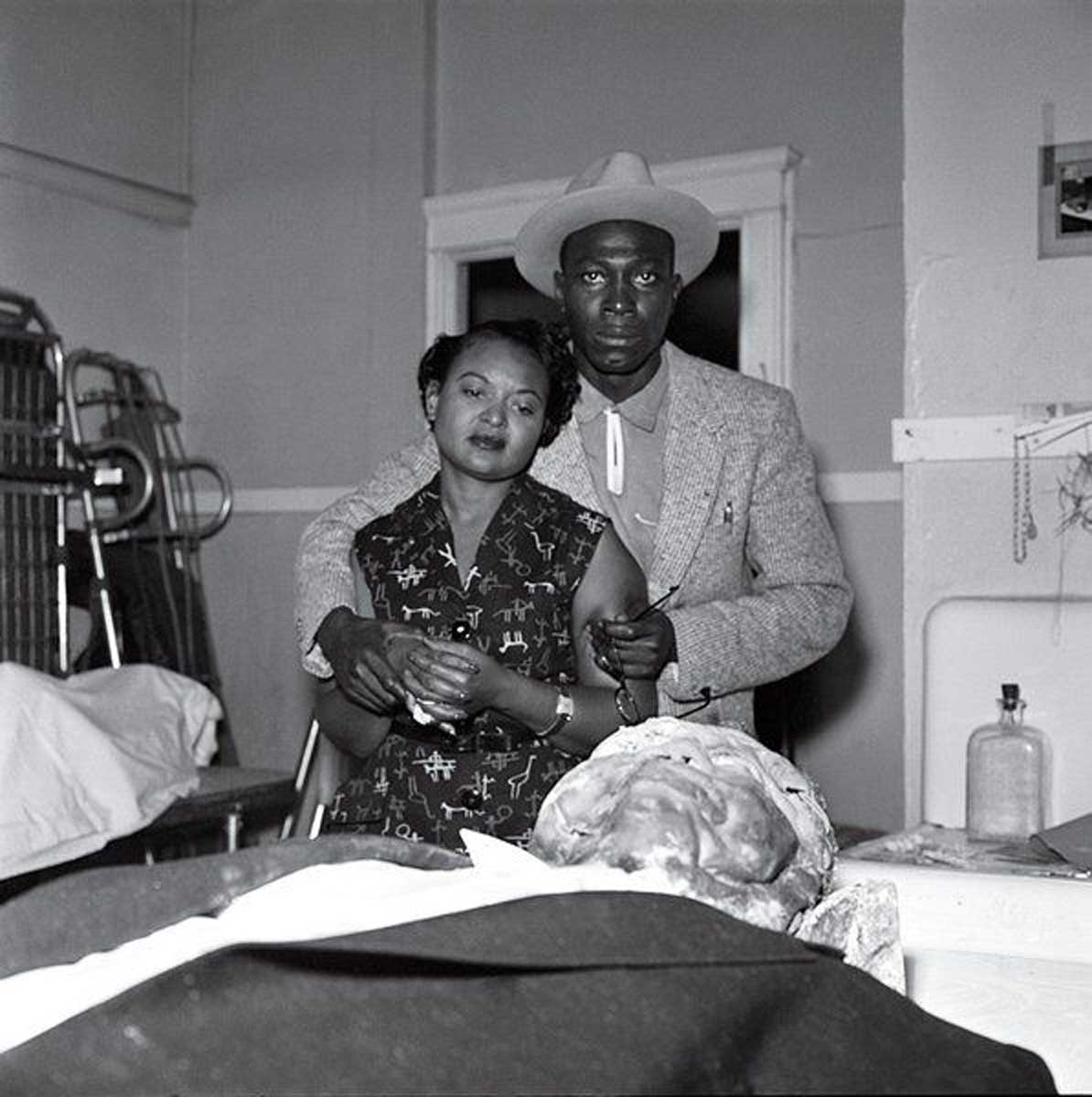Meridian actress Sela Ward calls for repeal of state’s religious freedom act
Published 10:33 am Friday, April 15, 2016

- Sela Ward
MERIDIAN, Miss. – Actress Sela Ward says she is “overwhelmed with sadness” over her home state’s recent enactment of a religious freedom law that civil rights groups contend will lead to discrimination of the LGBT community.
Ward, a native of Meridian, urged repeal of law, known formally as the Mississippi Religious Freedom Restoration Act. It was passed by the state legislature and signed into law by Republican Gov. Phil Bryant two weeks ago.
The actress, best known for Emmy-award winning performance in the TV series Sisters, sent a statement to the Jackson, Mississippi, Clarion-Ledger expressing her concern and regret over the law.
“In recent days I have been asked about the religious objection law that was recently passed in Mississippi, my beloved state,” the statement said. “I have to say that I am deeply dismayed that bias and archaic points-of-view are still contaminating the thinking of our lawmakers. Our history is replete with unfortunate incidents of discrimination and injustice that we have worked extremely hard to transcend. Yes, we are confronting new social and emotional challenges, but the passing of this law sadly sets us back.”
Ward said she prays the law will be repealed as it detracts from the beauty of Mississippi and the contributions of the state to American society. In answer to people who ask her about it, she said she replies that she’s “overwhelmed with sadness and hopeful that all things can change.”
“We are all God’s creatures and endowed with his blessing of free will,” said Ward. “ And, as a result, equally entitled to have our individual choices respected despite the fact that they may not be universal choices.”
The law, known formally as the Religious Freedom Restoration Act, prohibits imposing a “substantial burden” on someone’s “exercise of religion” unless there is a “compelling interest” and a lack of less burdensome alternatives. Critics say it would allow individuals, organizations and businesses to refuse service to gay and lesbian couples on the basis of religious beliefs.
Ward is the latest celebrity to call for repeal of the law. Several film, music and literary figures spoke out earlier, including more than 90 authors from Mississippi, highlighted by objections from writers John Grisham and Donna Tartt. Rocker Bryan Adams, a Canadian, canceled a concert in the state because of the law.
Ward, 59, has won both Emmy and Golden Globe awards for her television work. In addition to Sisters, she has played major roles in Once and Again, House and CSI:New York. Her film credits include The Man Who Loved Women, The Fugitive, The Stepfather and Gone Girl. She is also a former homecoming queen at the University of Alabama.
Actress Sela Ward’s statement:
“In recent days I have been asked about the religious objection law that was recently passed in Mississippi, my beloved home state. I have to say that I am deeply dismayed that bias and archaic points-of-view are still contaminating the thinking of our lawmakers.
“Our history is replete with unfortunate incidents of discrimination and injustice that we have worked extremely hard to transcend. Yes, we are confronting new social and emotional challenges, but the passing of this law sadly sets us back. Worse, once again the beauty of our State, of our people, of our rich contributions to the fabric of humanity are overshadowed by intolerance. We are all God’s creatures and endowed with His blessing of free will, and as a result equally entitled to have our individual choices respected despite the fact that they may not be universal choices. We are collectively a loving and compassionate community.
“I pray for the day that the focus is on the technicolor aspect of the South and not on a mindset that legislates an allowance for discrimination. So in answer to the people who ask me? I tell them that I am overwhelmed with sadness and hopeful that all things can change, including the religious objection law.”





